Research Symposium
Symposium slides linked here:
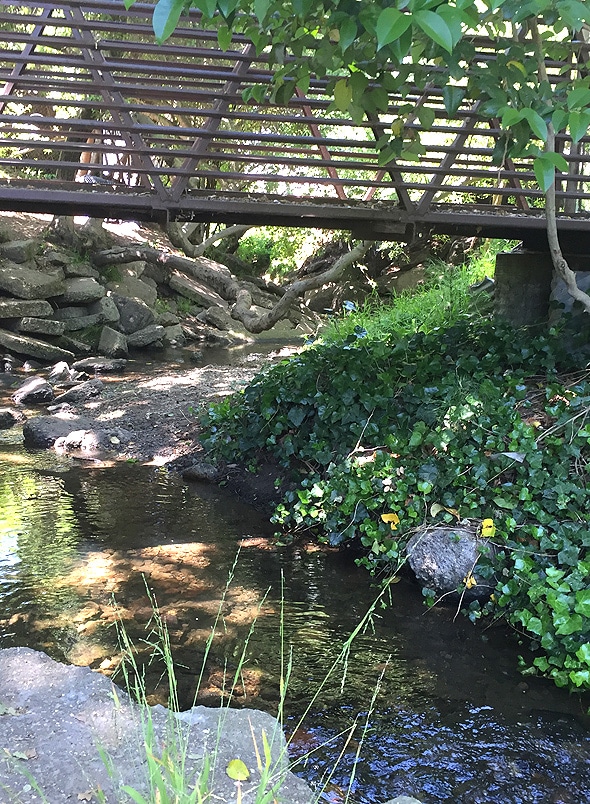
Strawberry Creek Management
This project aims to explore past and present relationships between Strawberry Creek’s ecology, management, and restoration to identify opportunities to improve Creek management. We’ll investigate historical and current uses of the Creek and understand how human interactions with the Creek continue to cause environmental problems, while integrating an environmental justice focus. Through this research, we aim to understand Strawberry Creek’s ecological and cultural value and provide suggestions based on environmental justice, scientific, and policy-based understandings.
Goals:
- Understand historical and current uses and ecology of Strawberry Creek
- Analyze Strawberry Creek management through interdisciplinary perspectives based on environmental justice, ecology, infrastructure, and policy
- Identify opportunities to improve Strawberry Creek management based on an interdisciplinary analysis
Committee Lead: Meg Kalaw
Academic Mentors: Dr. Sasha Harris-Lovett and Tim L. Pine
Researchers: Sidney Banks, Nicole Kemler, Emma Paradise, Benjamin Burmeister, Sophie Godarzi
Consumer Culture and Climate Change
This project aims to investigate how modern consumer culture in the United States is exacerbating the risks of global climate change. Consumer culture is defined as “the spending of customers’ money on material goods to attain a good lifestyle in a capitalist society” (Wallenius). As described in the definition, happiness, especially in the United States, is identified with material goods. We are essentially asking, how such an association can be changed, for the sake of Climate Change and global social justice.
Goals
- Identify factors that contribute to overconsumption in the United States
- Critically examine current solutions, such as the production of “sustainable goods”
- Discuss possible solutions to the issue of overconsumption from a large scale systems and roots perspective.
- Shift the current consumerism discourse from the blame game of ‘corporation vs consumer’ and the common solution of “the production of eco-friendly consumer goods.”
Committee Leads: Kayla Hidayat and Ankita Morari
Academic Mentor: Arthur Mallet Dias
Researchers: Dani Kim, Julie Luo, Priya Riley, Léonie Chalochet, Erin Lum, Anjika Morari, Mary Wang
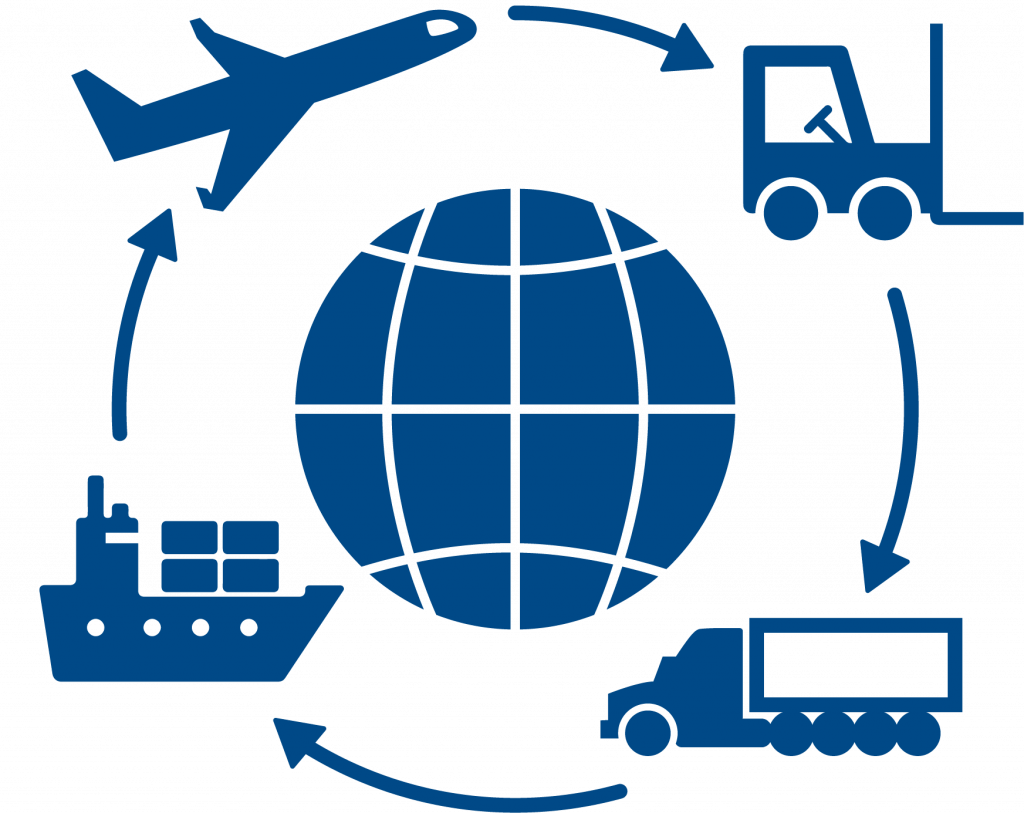
UC Carbon Neutrality Initiative Projects
These projects are a part of the University of California 2025 Carbon Neutrality Initiative. The reductions estimated by these university-initiated projects will be used to help the system get the final way to zero net emissions by 2025. We are researching the quality of offset credits on the voluntary offset market and are also supporting the development of our own UC-initiated offset projects. By developing our own projects our hope is that we can be more assured of the true effect of the projects, and support activities aligned with our strengths and mission as a research and teaching university system.
You can see the full set of UC-initiated projects here, and a larger overview of our offset program here.
Red Seaweed Production to Mitigate Methane Emissions in California Livestock
Livestock Emissions in California, based in UC San Diego
The project: The seaweed Asparagopsis taxiformis reduces methane emissions in cattle and other ruminant digestion, which produces 4% of GHGs and lacks other avenues for mitigation. Alongside cultivation methods, our project is determining the greenhouse gas and economic feasibility of UC A. taxiformis projects to meet the UC’s carbon neutrality goal.
Researchers: Bea Cundiff, Sabi Can Ruso
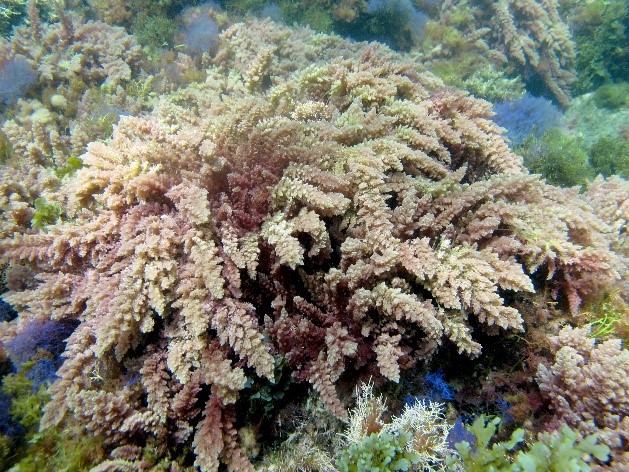
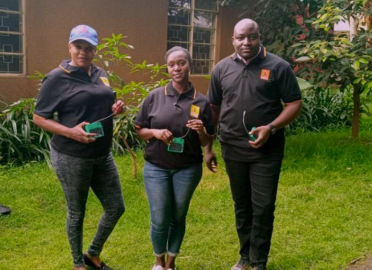
Unite to Light
Solar Lighting in Tanzania, based at UC Santa Barbara
Unite to Light is a non-profit organization that manufactures and distributes solar lanterns to households in east Africa. These efficient solar lanterns were designed by the Institute for Energy Efficiency and the student group Engineers without Borders at UC Santa Barbara. They reduce emissions by replacing kerosine lanterns and provide much better light. Users love them!
Researchers: Danielle Louie, Lucius Wu, Pooja Bapat
Adopt a Cookstove
Clean Cookstoves in Rwanda, based at UC Santa Barbara
This project in Rwanda is piloting wood pellet gasifier stoves—the most efficient cookstove available in terms of fuel wood needs, greenhouse gas emissions, and the large health impacts from indoor air pollution from traditional stoves. If the pilot project is successful and the project is widely expanded, this project can have a huge beneficial impact on the lives and health of communities using the stoves, as well as on greenhouse gas emissions from household cooking.
Researchers: Misha Swink, Alvin Li
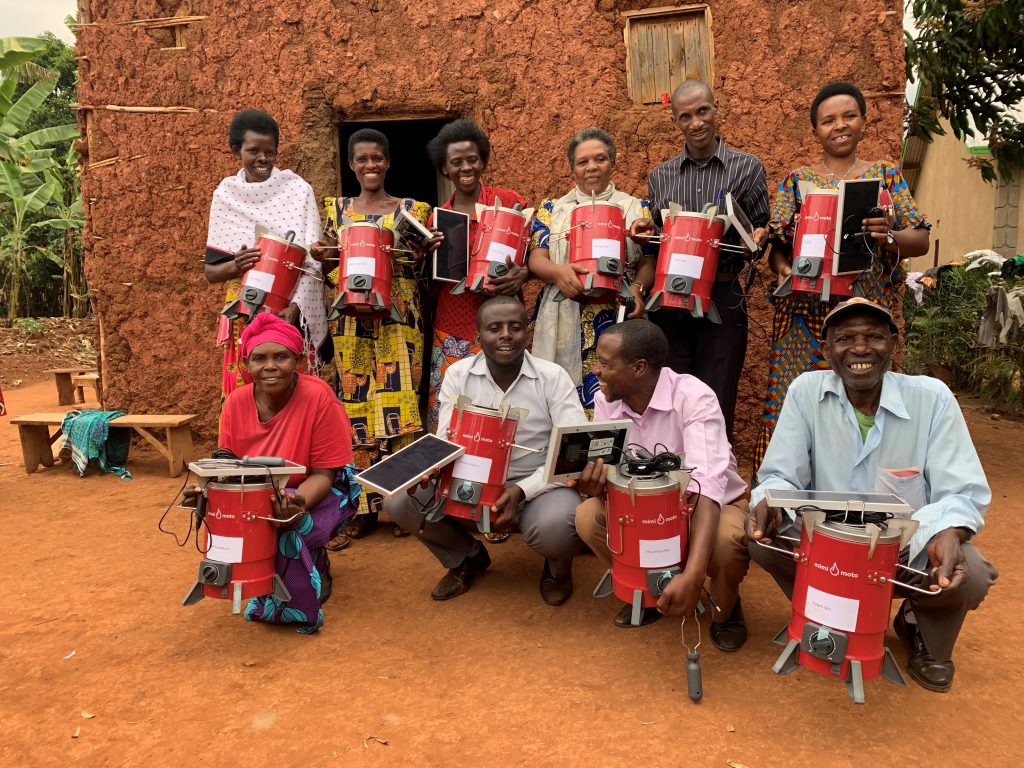
Peter Sather Grant Program
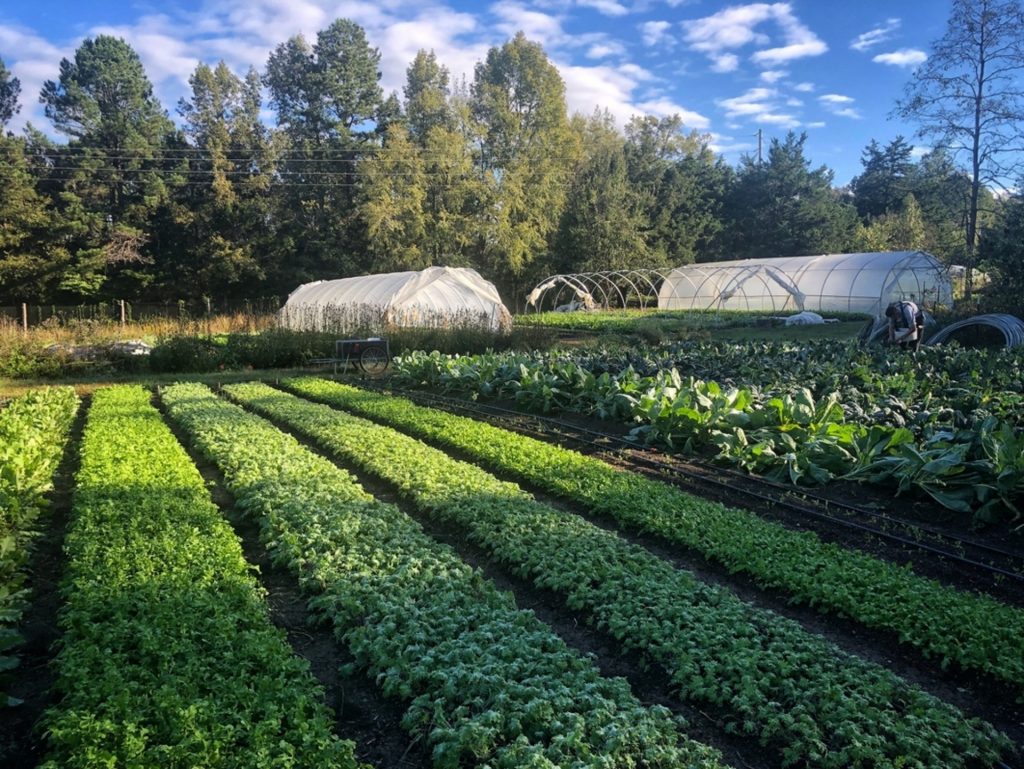
Sustainable Agriculture and Generational Renewal in California and Spain
An equitable and sustainable generational transition in the agriculture-food system through entry by young and socially disadvantaged farmers: policies and perspectives from Europe and the United States.
Generational renewal has been identified as one of the major societal issues for the future of agriculture and food security both in Europe and North America, with aging farmer populations posing a serious challenge to the sustainability and dynamism of the sector. This project will compare the policy approaches of Europe and the United States to meet this challenge through addressing high barriers to entry for young and socially disadvantaged farmers, such as access to land, start-up capital, government loan programs, and markets, and systemic racism. Researchers will also engage youth farmer movements and non-governmental advocacy organizations, focusing on Spain in Europe and California in the United States, to understand their experiences, visions of sustainability, and strategies to gain influence in the sector.
By analyzing data at policy and ground levels, researchers will fill a key gap in the agriculture-food system literature, namely, how movements and organizations working to lower entry barriers for young and socially disadvantaged farmers can effectively influence the future directions of agriculture. By mapping youth- centered sustainability discourses and alternative visions for an equitable and sustainable generational transition, this project will develop a knowledge base that strengthens their potential to be influential actors in that transition.
Researchers: Sonia Rodrigo Fernández